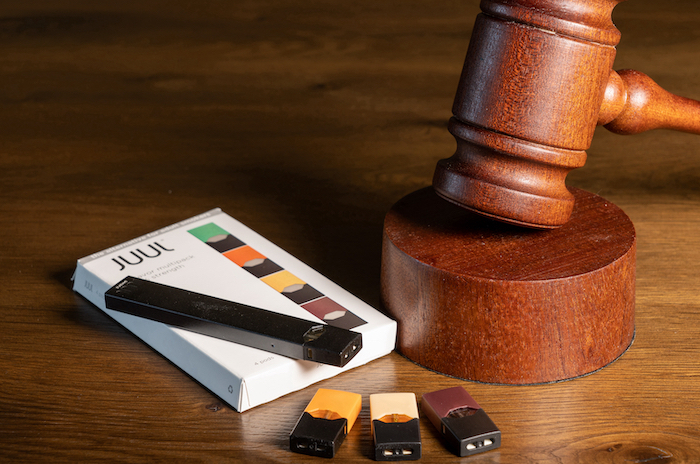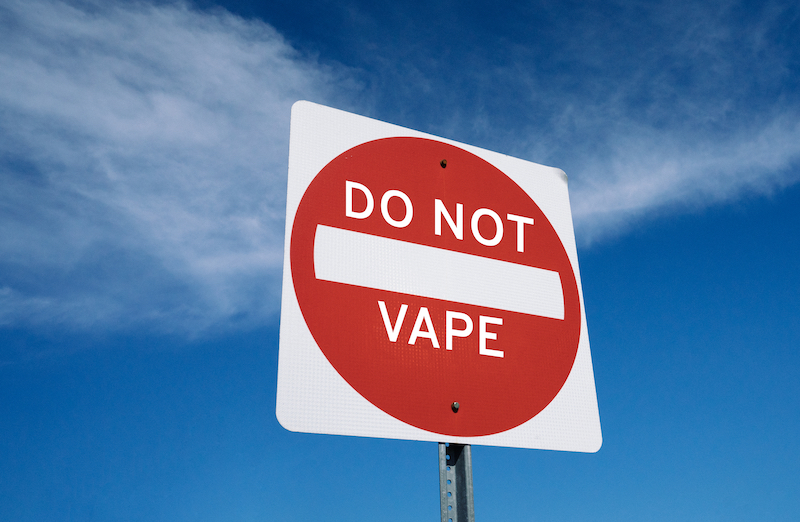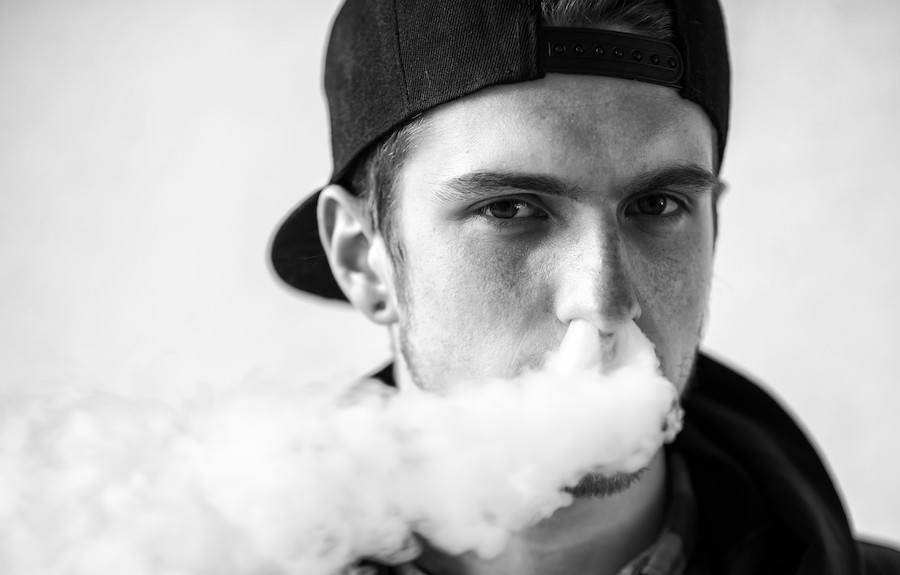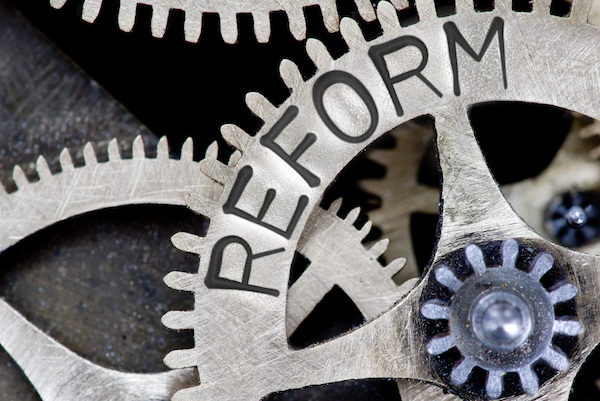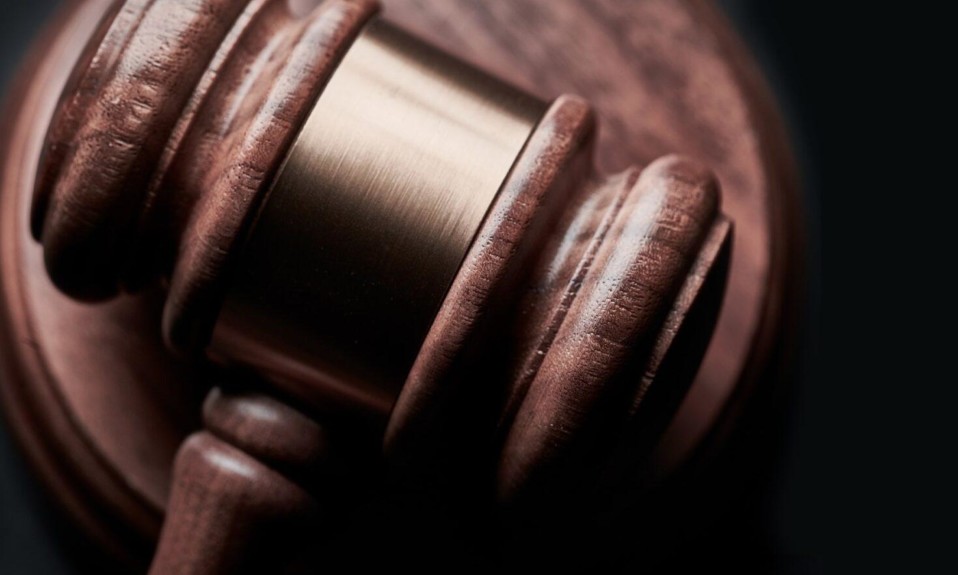Anti-vaping advocates say the $438.5 million the e-cigarette manufacturer must pay in the multistate deal doesn’t compensate for the damage done
By Jennifer Taylor
Juul Labs has agreed to pay $438.5 million to 33 states and Puerto Rico to settle a two-year investigation into the e-cigarette manufacturer’s marketing and sales practices that the states blame for igniting a nationwide teen vaping health crisis. But tobacco control advocates say the money falls far short of addressing the harm that has been done to millions of young people.
The investigation and negotiations were spearheaded by Connecticut, Texas and Oregon and resulted in a tentative agreement that prevents Juul from using a series of marketing sales practices, including youth marketing, funding education programs, depicting persons under age 35 in marketing, paid product placement, allowing access to websites without age verification, representations about nicotine not approved by the U.S. Food and Drug Administration (FDA), use of paid influencers and free samples.
“Juul’s cynically calculated advertising campaigns created a new generation of nicotine addicts.”
—William Tong, Connecticut attorney general
The agreement, announced in a press conference held by Connecticut attorney general William Tong on Sept. 6, also includes sales and distribution restrictions, including where the product may be displayed or accessed in stores, online sales limits, retail sales limits, age verification on all sales and a retail compliance check protocol.
“Juul’s cynically calculated advertising campaigns created a new generation of nicotine addicts. They relentlessly marketed vaping products to underage youth, manipulated their chemical composition to be palatable to inexperienced users, employed an inadequate age verification process and misled consumers about the nicotine content and addictiveness of its products,” Tong said in the statement.
Reaction to the Juul Settlement
In a statement released the day the settlement was announced, Juul Labs said, “This settlement with 34 states and territories is a significant part of our ongoing commitment to resolve issues from the past. The terms of the agreement are aligned with our current business practices, which we started to implement after our company-wide reset in the fall of 2019.”
The tobacco control advocacy group Parents Against Vaping e-cigarettes (PAVe) hailed the collaborative work of the attorneys general, calling it a symbolic move to hold all tobacco manufacturers accountable for the harm.
“As the first parents to sound the alarm about the predatory behavior of Juul … we are enormously gratified to see Juul held to account for its actions in this way,” Meredith Berkman, co-founder of PAVe, told TreatmentMagazine.com.
In 2019, Berkman and her then teenage son testified before Congress about a ninth-grade visit to his school by a presenter from Juul. The presenter told students in an unsupervised assembly—that is, with no teachers present so the kids could talk freely—that they shouldn’t vape. At the same time, the presenter misinformed the teens, telling them that e-cigarettes were safe and even privately showing her son and a friend such a device.
“The human cost of Juul’s targeting and marketing to kids cannot be quantified. It has had an enormous, destructive impact on the public health of an entire generation of kids, the public healthcare costs of which we will see unfold for decades to come.”
—Meredith Berkman, PAVe
While the agreement continues to get hammered out, Berkman added that the monetary amount to be split between 33 states and Puerto Rico is lower than they expected.
“The human cost of Juul’s targeting and marketing to kids cannot be quantified. It has had an enormous, destructive impact on the public health of an entire generation of kids, the public healthcare costs of which we will see unfold for decades to come,” Berkman said.
Tong also noted that the settlement doesn’t resolve the bigger problem.
“I’m under no illusions and cannot claim that it will stop youth vaping,” Tong said in the press conference. “It continues to be an epidemic. It continues to be a huge problem. But we have essentially taken a big chunk out of what was once a market leader and, by their conduct, a major offender.”
Once the settlement is finalized, Connecticut will receive $16.2 million, which will be used for cessation, prevention and mitigation, Tong said. Other states receiving settlements will determine how they spend their money on an individual basis.
Until then, the “devil is in the details,” Joelle Lester, director of Commercial Tobacco Control Programs at the Public Health Law Center, Mitchell Hamline School of Law, told TreatmentMagazine.com.
Sending a Signal
The settlement only applies to Juul, but it sends a signal to other manufacturers. “It’s important to the other companies that are not a party to this to see how Juul has had to face consequences for its intentional, predatory marketing to kids and the false claims and representations the company made about addictiveness and harm to kids,” Lester said.

Even though some advocates think the monetary amount falls short, Lester said it is still important. “What you are trying to get is a level of financial impact that will truly cause the business to change its behavior,” she said. Lester points to the tobacco Master Settlement Agreement (MSA) as a reference point. In 1998, the MSA was signed by 52 states and territory attorneys general and the four largest tobacco companies in the U.S. to settle dozens of state lawsuits brought to recover billions of dollars in healthcare costs associated with treating smoking-related illnesses. Back then, Lester says, one of the ways the tobacco industry handled that was by passing those costs on to the consumers. Nevertheless, Lester said the MSA “still had a public health benefit because the increase in the price of cigarettes is one of the most effective ways to reduce use. But it wasn’t a financial hit to the tobacco manufacturers because they were able to adjust and carry on.”
While the Juul multistate settlement is significant, Lester noted that it’s not the only response that is required. “The FDA has a lot of responsibility and authority to act,” she said. In fact, Lester added, the settlement spotlights inaction by the FDA while having “the AGs effectively pursuing accountability and solutions.”
The news of the settlement, Lester believes, will also change public perception by providing more evidence of the dangers of vaping. That, in turn, will be helpful to the FDA if the agency more aggressively pursues public health measures and restrictions on these companies, with emphasis on the word if. In April, the FDA announced a landmark proposal to ban menthol-flavored cigarettes and all flavors of cigars. The move did not address the pressing issue of e-cigarettes. Then in June, the FDA published plans for future potential regulatory actions that would develop a product standard for cigarettes. Days after that announcement, the FDA banned the sale of all tobacco products manufactured by Juul Labs, when it issued a marketing denial order (MDO) requiring the e-cigarette manufacturer to stop selling and distributing all of its products on the U.S. market. Within 24 hours, Juul sued the FDA, and a federal court ruled on June 24 that Juul’s products can stay on the market for now. On July 5, the FDA itself stayed its ban while it reviewed the MDO.
Top photo: Shutterstock


